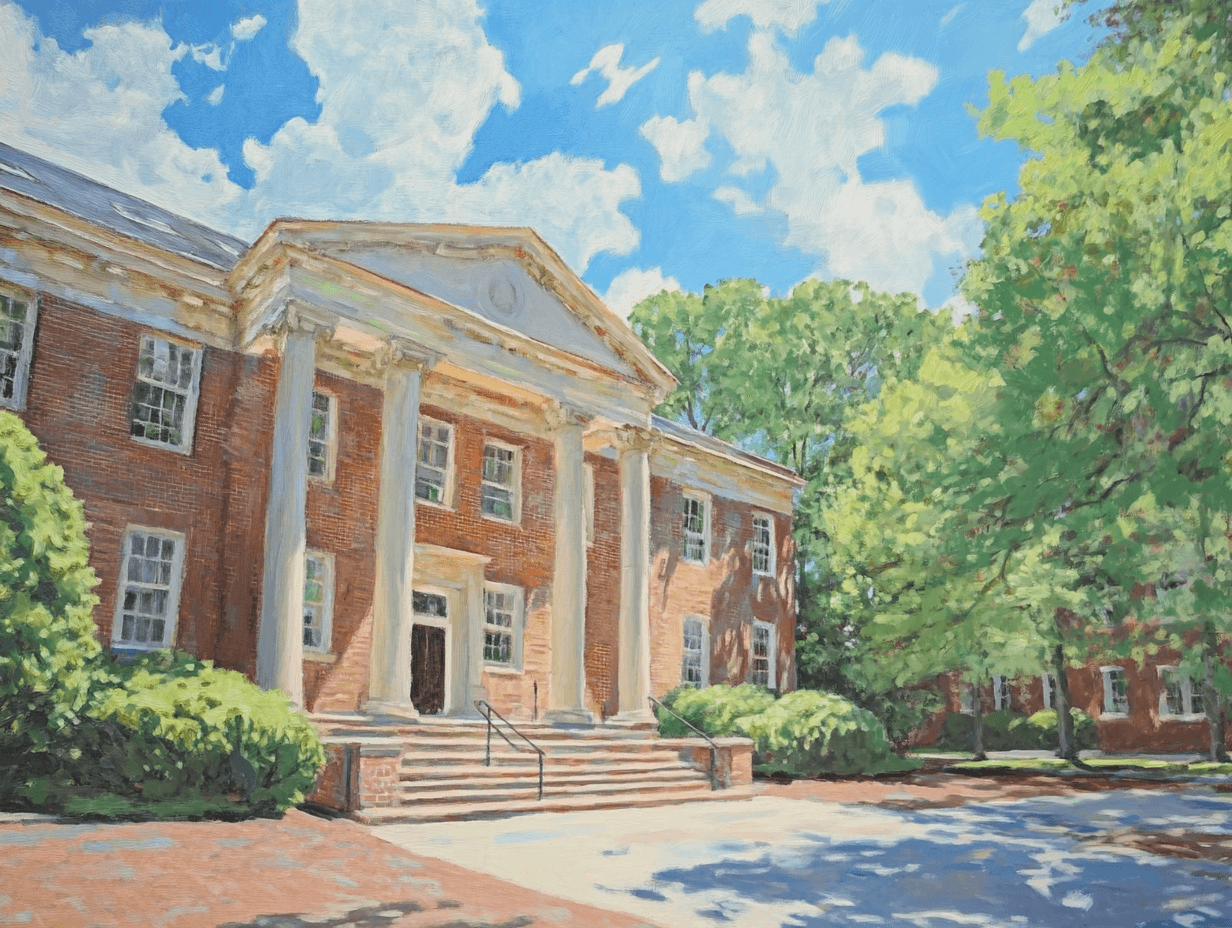Chris is a Morehead-Cain scholar building the future of living in San Francisco and New York.



Back in the era of Socrates and Plato, philosophy wasn't a luxury—it was a discipline rooted in time. Time to think deeply. To question assumptions. To imagine futures no one else could yet see.
Today, that kind of time still exists—but it's mostly reserved for the powerful. The ones who aren't caught in the cycle of reacting, but instead get to predict, plan, and build what comes next.
They don't wait for the future. They shape it in advance.


Spend time around founders, visionaries, or the truly wealthy, and you'll notice something: they think in decades, not days.
Their greatest asset isn't capital—it's cognitive space. The ability to zoom out, to place bets on long arcs, to think clearly without noise.
And increasingly, that thinking leads to one conclusion: In the AI economy, ownership is everything.
As automation replaces tasks and decisions, labor loses leverage. But equity doesn't.
In a world where AI builds, decides, and scales faster than any human ever could, the real question becomes: What do you own?
If more of us had the time to ask that question—and the space to act on the answer—maybe we wouldn't just keep up with the future. Maybe we'd lead it.



